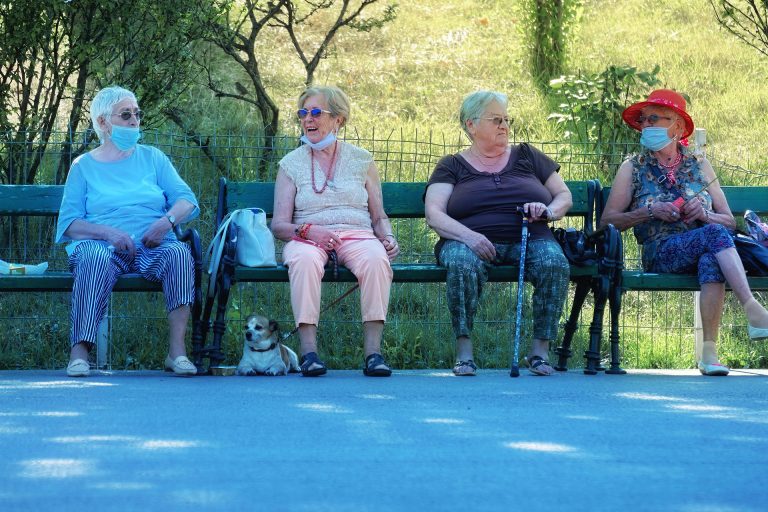Sweden has announced a ban on travelers from Israel, despite the fact that the Middle East nation is one of the world’s most vaccinated countries. As of Sep. 5, 68.44 percent of Israel’s population has received one dose of a COVID-19 vaccine, and 62.70 percent are fully vaccinated. However, this has not stopped a rise in coronavirus infections in the country.
Swedish interior minister Mikael Damberg justified the ban, pointing out Israel’s rising COVID-19 cases despite a successful vaccination campaign. Between Jun. 1 and Sep. 1, the number of confirmed new daily cases per million people in Israel jumped from 4.10 to 1891.66, a massive 461-fold spike. During the same period, confirmed daily deaths per million rose by over 44 times, from 0.11 to 4.89.
In addition to Israel, Sweden has also banned the entry of citizens from Lebanon, the United States, North Macedonia, Kosovo, and Montenegro. Sweden is the second European Union (EU) country to ban Israeli travelers, after Portugal completely prohibited the entry of even vaccinated Israelis.
The Swedish ban came into effect on Sep. 6. The country’s government stated that it is merely following EU guidelines by removing high-risk countries from its safe travel list. Earlier, the EU had recommended banning the entry of travelers from Israel and other nations. However, the recommendation was non-binding, and member states have full freedom to determine their own travel policies for foreigners.
Many Israelis have criticized the EU directive. In an interview with Ynet, Itay Mor, head of Over The Rainbow Portugal, a Zionist non-governmental organization (NGO), said that he was “troubled” by the decision since most Israelis have been vaccinated. He insists that the EU should have acknowledged Israel’s vaccination certificates. In an interview with The Times of Israel, Mor said that he found it “incomprehensible” that Portugal banned the entry of Israelis even though it allows travelers from the United States and Brazil, two countries removed from the EU’s safe list.
Success
You are now signed up for our newsletter
Success
Check your email to complete sign up
Over The Rainbow wrote to ministers in Portugal, asking them to reconsider the decision. “We appeal to you to ensure that the measures currently in force in Portugal can be corrected as soon as possible so that the countless Israelis who wish to travel to the country can do so as soon as possible,” the letter said.
Israel vaccine data
As of Aug. 15, 514 people in Israel were hospitalized with severe or critical COVID-19 cases, of which 59 percent were fully vaccinated individuals.
“There are so many breakthrough infections that they dominate and most of the hospitalized patients are actually vaccinated… One of the big stories from Israel [is]: ‘Vaccines work, but not well enough,’” Uri Shalit, a bioinformatician at the Israel Institute of Technology (Technion) who has advised the government on COVID-19, said to Science.
Last month, the country’s Health Ministry raised the alarm after a report showed that the Pfizer vaccine was losing effectiveness against severe COVID-19. Its efficacy rate in people aged 65 and above dropped from 90 percent to 55 percent.
“Since June 6th there was marked decline in the effectiveness of the vaccine in preventing infection (64%) and symptomatic illness (64%). This decline has been observed simultaneously with the spread of the Delta variant in Israel,” the Health Ministry said in a July press release. Delta is now the dominant variant in the country. As of Aug. 23, almost 98 percent of COVID-19 cases are accounted for by Delta.
Spurred by reports that immunity conferred by COVID-19 vaccines might diminish over time, a group of Israeli researchers conducted a study on the effectiveness of natural versus vaccine immunity. They compared three groups of people – individuals who were vaccinated with two doses of the Pfizer vaccine, individuals who had COVID-19 and had received a single dose of the vaccine, and unvaccinated individuals who had COVID-19.
The researchers found that “natural immunity confers longer-lasting and stronger protection against infection, symptomatic disease and hospitalization caused by the Delta variant of SARS-CoV-2, compared to the BNT162b2 two-dose vaccine-induced immunity.”















